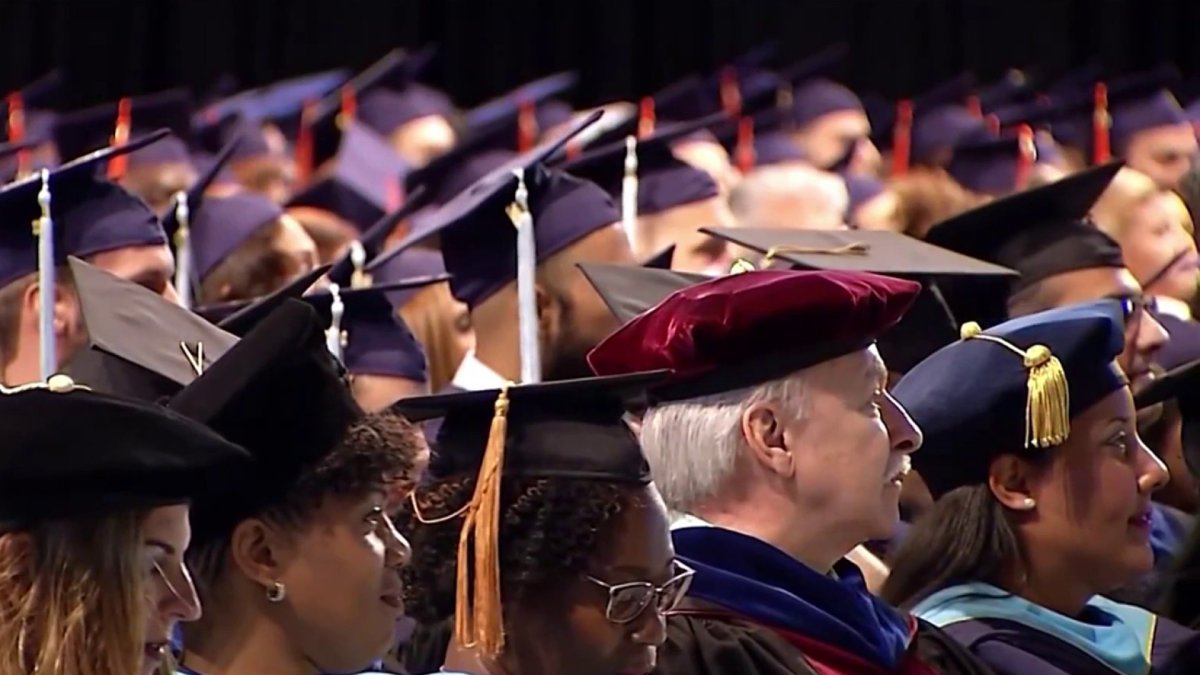
All of Florida’s 12 public universities are grappling with the impacts of a state-mandated change in curriculum.
A new state law is redefining which courses count towards required graduation credits and which ones should only be taught as electives. At Florida International University, 22 classes have been flagged to potentially be moved from the core curriculum to elective status, pending approval from the state’s Board of Governors, which runs the state university system.
The changes statewide are strongly supported by Gov. Ron DeSantis as a way to inject practicality into undergraduate education and to subtract what he calls classroom indoctrination.
“Our institutions will be graduating students with degrees that are gonna be meaningful, we don’t want students to go through, at taxpayer expense, and graduate with a degree in zombie studies, so this is gonna make a difference,” DeSantis said last year as the law was passed.
“My concern is, I’ve seen this movie before,” said Tania Lopez, an assistant professor at FIU.
Lopez said the state-mandated policy reminds her of growing up in communist Cuba, and says it’s having a chilling effect on academic freedom.
“Individual professors are self-censoring because of fear that they’re gonna lose their jobs, or they’re gonna get reprimanded, or that their classes are gonna get canceled or removed from the curriculum,” Lopez said.
FIU says it has not dropped any courses, but under the new law, sociology classes, for example, no longer will satisfy graduation requirements, so they will be offered only as electives.
James Hernandez is an anthropology major. She knows many students just won’t spend tuition on classes that don’t help them graduate.
“Students are gonna miss out on key components of their education, even if they don’t study anthropology, these classes can be useful if you’re going into medicine, for example, on how to deal with patients who may come from different backgrounds,” said Hernandez, a sophomore.
The law cuts any classes that have “unproven, speculative, or exploratory” content from the core curriculum, as well as classes “based on theories that systematic racism, sexism, oppression and privilege are inherent in the institutions of the United States,” leaving it up to each university to interpret what that means for each course.
“Our university places a lot of emphasis on workplace readiness, we want our students to get a good job, we want our students to be able to get to the workplace and be successful, you are starving these students of knowledge they are going to need in the global economy, the global marketplace, by not putting it in the core curriculum,” Lopez said.
Can courses survive if they’re only offered as electives, or will they wither away? We will find out next fall when the changes go into effect at every state university campus.








Leave a Reply